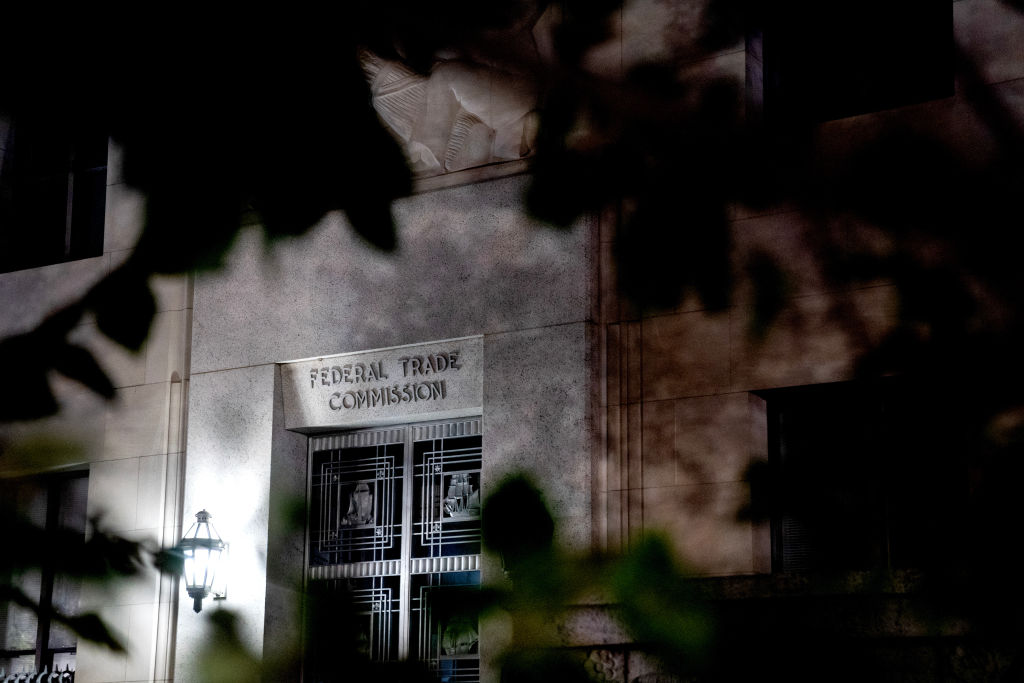
<strong>Image Credits:</strong>Stefani Reynolds/Bloomberg / Getty Images
FTC Bans Hidden Fees: New Rules for Live Events and Short-Term Rentals from May 12
The Federal Trade Commission (FTC) has unveiled its comprehensive “Rule on Unfair or Deceptive Fees,” set to take effect on May 12. This landmark regulation targets hidden fees in live events and short-term rentals, marking a significant victory for consumer transparency in the entertainment and accommodation sectors.
Key Changes in Pricing Transparency
The new regulation affects a wide range of businesses, including live event ticket sellers, hotels, motels, and short-term rental platforms like Airbnb and VRBO. Third-party platforms, resellers, and travel agents must also comply with these new transparency requirements. Some companies, such as Airbnb, have already implemented changes to display total costs upfront in anticipation of the new rules.
Essential Requirements for Businesses
- Total price disclosure must include all known charges and fees
- Upfront pricing in advertisements and offers
- Prominent display of total price compared to other pricing information
- Clear and truthful fee representation
- Transparent refund policies
- Specific fee descriptions instead of vague terms
- Accurate pricing information even with dynamic pricing strategies
Scope of Live Event Coverage
The regulation specifically covers tickets for concerts, sporting events, music performances, theater, and other live performances viewed by audiences as they occur. However, pre-recorded audio or visual performances fall outside the scope of these new rules.
Permissible Fee Exclusions
The FTC allows certain charges to be excluded from the initial total price, including:
- Government-mandated taxes and fees
- Shipping charges
- Optional goods or services selected during the transaction
Important: Businesses must clearly disclose any excluded charges before requesting payment, including the amount and purpose of such charges.
Implementation and Consumer Impact
This regulation, initially passed in December 2024, represents a significant shift in how businesses must present pricing to consumers. The rules aim to eliminate the frustration of hidden fees that have long plagued consumers in the entertainment and accommodation sectors.
Business Compliance Guidelines
- Clear disclosure of all mandatory fees
- Transparent pricing structure in all advertising
- Detailed breakdown of any additional charges
- Proper documentation of fee policies
- Regular updates to pricing displays and systems
As the May 12 implementation date approaches, businesses are updating their systems and practices to ensure compliance with these new consumer protection measures. The regulation marks a significant step forward in pricing transparency and consumer rights in the entertainment and accommodation industries.
Published on May 6, 2025





